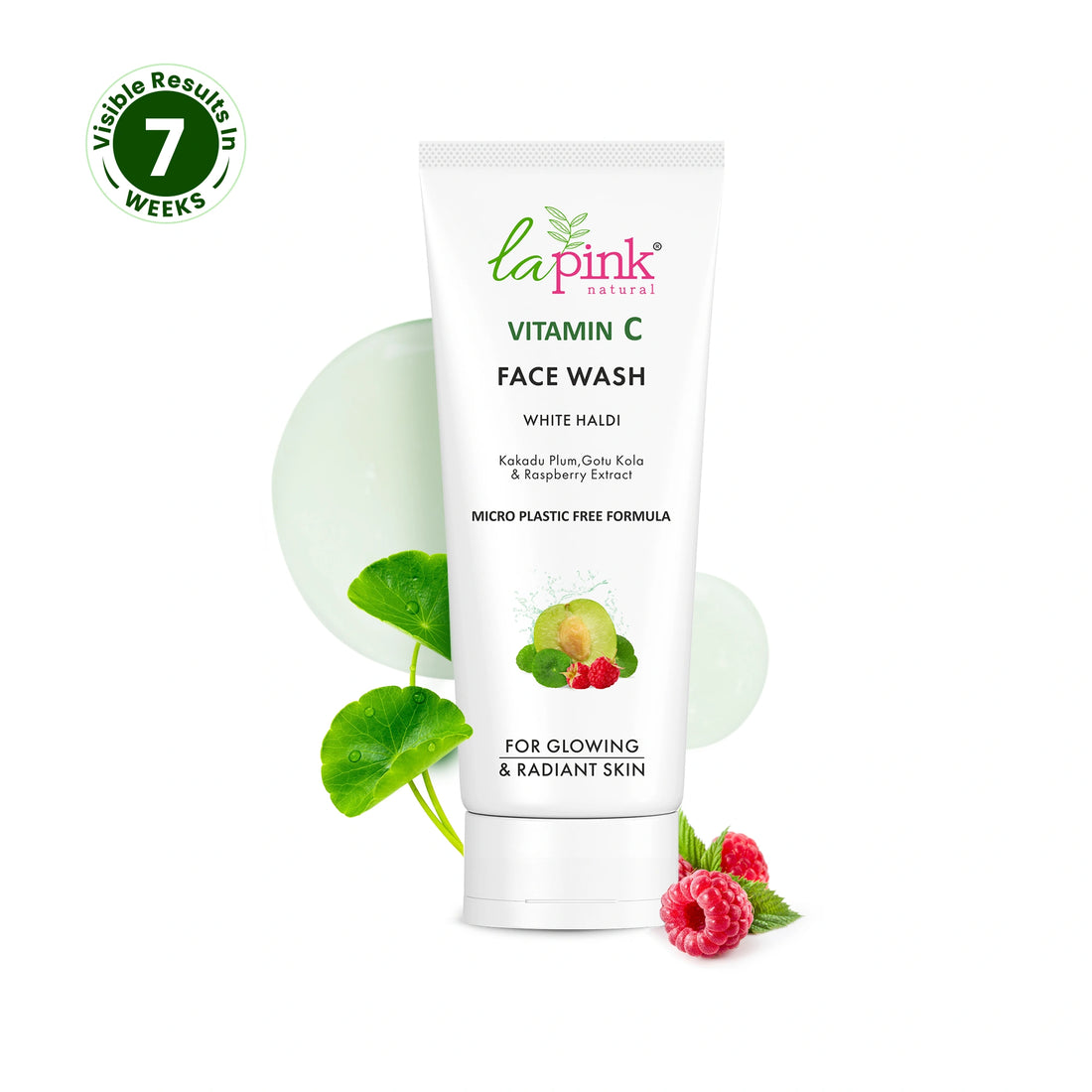Skincare Benefits of Citric Acid
Citric Acid isn’t just a pH adjuster or preservative. It plays a multi-functional role in modern skincare and contributes significantly to skin clarity, smoothness, and radiance. Here’s how citric acid helps your skin:
Exfoliates Dead Skin Cells for a Smoother Texture
As an alpha hydroxy acid, citric acid works to dissolve the bonds between dead skin cells on the surface. This gentle exfoliation process encourages cell regeneration, leading to brighter and more even-toned skin. It is especially useful for dull, rough, or congested skin types, where natural shedding may be slow or irregular.
Unlike harsh physical scrubs, citric acid provides a chemical exfoliation experience that is less abrasive and more effective over time.
Balances Skin’s Natural pH Levels
One of citric acid’s most practical functions in skincare formulations is pH regulation. The skin’s ideal pH is slightly acidic (around 5.5), and citric acid helps maintain this balance in products like cleansers, toners, and moisturizers.
This balancing effect supports a healthy skin barrier, discourages harmful bacteria, and enhances the performance of other actives such as niacinamide or hyaluronic acid.
Brightens Dull Complexion and Fades Dark Spots
Citric acid’s exfoliating effect also aids in reducing the appearance of pigmentation, dark spots, and uneven skin tone. Accelerating cell turnover it helps to fade post-acne marks and mild sun damage over time, revealing a brighter and more luminous complexion underneath.
Enhances Product Absorption
When the skin is cleared of excess debris and dead cells, it becomes more receptive to other skincare ingredients. Citric acid creates the perfect canvas for deeper penetration of serums and moisturizers. Refining the skin’s surface and clearing clogged pores, it allows actives like peptides, retinol, and vitamins to work more effectively.
Acts as a Natural Preservative
Citric acid helps extend the shelf life of cosmetic products by preventing the growth of bacteria and mold. Its acidic nature not only preserves the product but also ensures its safety and integrity during usage.
Why Microplastic-Free Formulations with Citric Acid Are Better
Microplastics, often used as fillers, film-formers, or exfoliants in cosmetics, can interfere with the skin’s ability to absorb active ingredients like citric acid. These synthetic particles form a barrier on the skin’s surface, limiting the exfoliating and pH-balancing benefits citric acid provides.
Moreover, microplastics do not degrade in the environment and have been found to accumulate in waterways, harming marine life. Switching to microplastic-free skincare ensures that natural ingredients like citric acid can perform optimally while keeping your routine eco-conscious.
Citric acid, being biodegradable and naturally sourced, is an environmentally sound choice that supports both skin health and sustainability.
How to Use Citric Acid in Skincare
Citric acid is used in various concentrations depending on the type of product and its intended effect. Here are common ways citric acid features in skincare:
- Cleansers and Toners (0.5–2%): Used to balance pH and gently exfoliate.
- Serums and Peels (5–10%): Target dark spots, texture, and mild pigmentation.
- Face Masks (2–7%): Provide brightening and smoothing in short contact time.
- Moisturizers (0.5–2%): Maintain product stability while offering mild exfoliation.
It’s important to remember that AHAs, including citric acid, can increase skin sensitivity to the sun. Always follow up with a broad-spectrum sunscreen during the day when using products containing citric acid.
Is Citric Acid Safe for All Skin Types?
Yes, citric acid is generally well-tolerated in low concentrations, especially in rinse-off products like face washes and toners. However, people with extremely sensitive or reactive skin should start slowly and perform patch tests. Overuse or combining with too many exfoliants may lead to irritation, redness, or sensitivity.
If you’re using retinoids or chemical exfoliants already, consult a dermatologist before adding a new AHA to your routine.
Conclusion
Citric Acid is much more than a citrus extract — it’s a multi-functional skincare powerhouse that balances, brightens, and beautifies the skin when used correctly. Whether you’re dealing with dull skin, uneven tone, or product inefficacy, citric acid offers a science-backed, skin-friendly solution.
In a world moving towards cleaner, greener beauty, ingredients like citric acid highlight the power of nature combined with smart formulation. By choosing microplastic-free products enriched with citric acid, you're investing in healthy, radiant skin and a more sustainable future.












